Euronews Next breaks down Trump and Harris’ views on the crypto industry, which has contributed millions to the election.
From Donald Trump’s promises of a national Bitcoin stockpile to Kamala Harris’ support of a regulatory framework for digital assets, the two US presidential hopefuls have different stances on the future of crypto.
Crypto corporations have put $119 million (€110 million) into the election so far, according to an August analysis of federal election data from US non-profit Public Citizen.
Most of that money has gone to Fairshake, a super political action committee (PAC) and its affiliates on both sides of the political spectrum. They’ve received nearly $114 million (€105.4 million) directly, with multi-million dollar donations from crypto giants Coinbase and Ripple.
These companies are the biggest corporate donors to this election cycle, with 44 per cent of all corporate money coming from crypto bankers, the report said.
We take a look at where both candidates stand on crypto.
Trump’s vision of the US as the ‘crypto capital of the world’
Trump, the Republican candidate, has come out with a long list of promises that he will make to the crypto industry.
At a 2024 Bitcoin conference in July, Trumppledged to end the Democrat’s “anti-crypto crusade,” by making America “the crypto capital of the world”. He also announced his acceptance of Bitcoin campaigndonations and claimed he was one of the first to do so.
“If crypto is going to define the future, I want it to be made and mined in the US,” Trump said at theconference.
On one of his first days in office, Trumpsaid he would fire the head of the US Securities and Exchange Commission (SEC), who enforces laws against market manipulation and put a Bitcoin and crypto presidential advisory council in its place.
Erwin Voloder, head of policy with the European Blockchain Association (EBA), said Trump’s sudden course correction on crypto could mean companies considering a move to Europe for friendlier regulations could stay home instead.
Trump has also alluded to creating a strategic Bitcoin stockpile, that would likely come from the holdings of criminals when they are arrested.
Voloder considers this move to be “extremely bold” because if Trump wins the election, the US could be the first jurisdiction that has crypto as a reserve asset.
“If the US decides that it wants a strategic reserve of [Bitcoin], that’s a credible signal to probably a lot of other jurisdictions that, hey look, there may be something here,” Voloder continued.
In September, Trump launched his own crypto trading platform called World Liberty Financial. The project, run by him and his sons, is a decentralised finance (DeFi)platform where people can borrow, lend and invest in crypto.
The platform lets users buy WLFI tokens but only sold 532 million of the 20 billion it made available for public sale, according to a recent report in The Verge.
While not directly crypto, the Republican Party’s 2024 GOPplatform says they also oppose the creation of a Central Bank Digital Currency (CBDC), a virtual version of the country’s dollar.
Kamala’s ‘Crypto4Harris’
Harris, the Democratic candidate, has been quieter about her stance on crypto than her Republican rival.
In August, some Democratic lawmakers attended a virtual town hall with cryptocurrency advocates who call themselves “Crypto4Harris”.
“We launched Crypto4Harris to show [Kamala Harris] that, despite the loudest voices and where the money flows, there is a proud, determined coalition standing for unity and representation on the Democratic ticket,” the group said in a recent Xpost.
In her recently announced platform on economic opportunities for Black men, Harris said she would support “a regulatory framework for cryptocurrency and other digital assets” so people could invest and own these assets, according to thewebsite.
She also promised donors to her campaign in a Manhattan event in September that she would grow investments in artificial intelligence (AI) and crypto if she’s elected, according toBloomberg.
Voloder said it’s hard to know whether Harris will be a good vote for the crypto industry because her camp’s been less specific than Trump's.
“If you’re an incoming Harris administration … there’s a lot of money going into crypto from US companies, so clearly people care about this as a policy issue. You have an incentive to do something about that,” Voloder said.
The current Democratic president Joe Biden has called for protecting consumers and setting guardrails on digital assets.
In 2021, Biden nominated Gary Gensler as chair of the SEC. Gensler told CNBC in September that he believes the crypto market needs oversight to “build trust” and protectinvestors.
A 2022 Biden executiveorder on digital assets then focused on encouraging what it called “responsible financial innovation” and “safe and affordable financial services,” and called to reduce the “risks” that digital assets bring with them to several areas, such as financial stability, cybercrime, and human rights.
In May, Biden vetoed a Republican-led bill in Congress that he believed would “inappropriately constrain the SEC’s ability to set forth appropriate guardrails and address future issues,” related to digital assets, the White House said.
“Appropriate guardrails that protect consumers and investors are necessary to harness the potential benefits and opportunities of crypto-asset innovation,” the president said.

 4 months ago
65
4 months ago
65

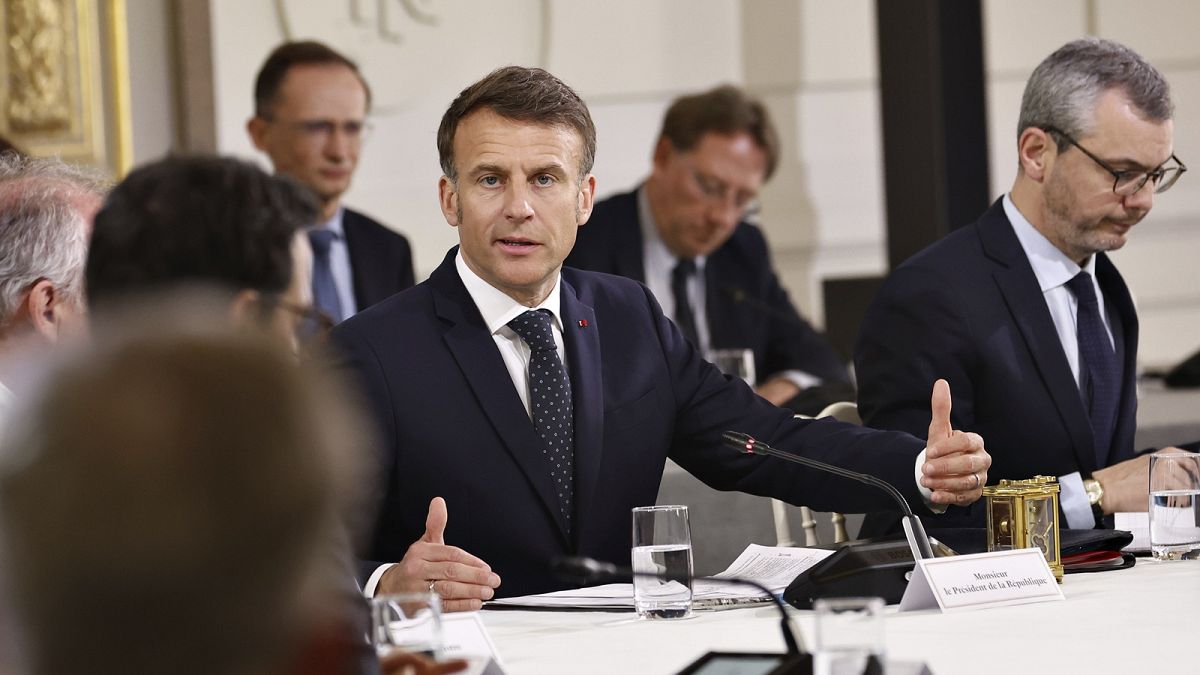
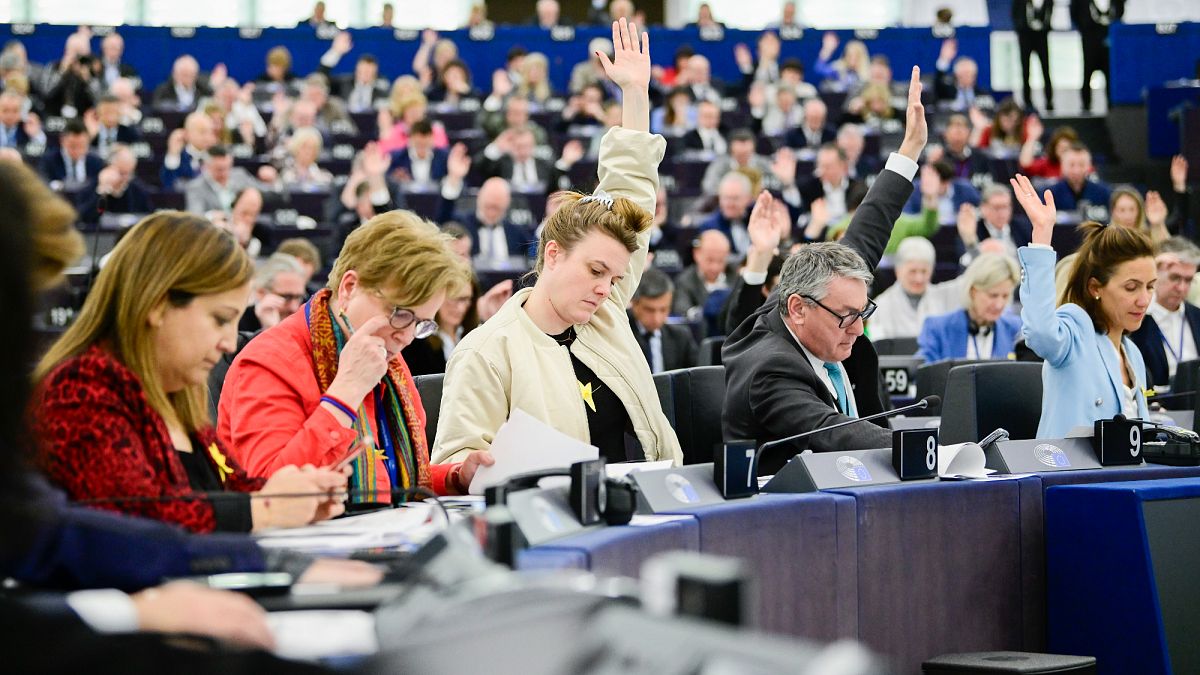
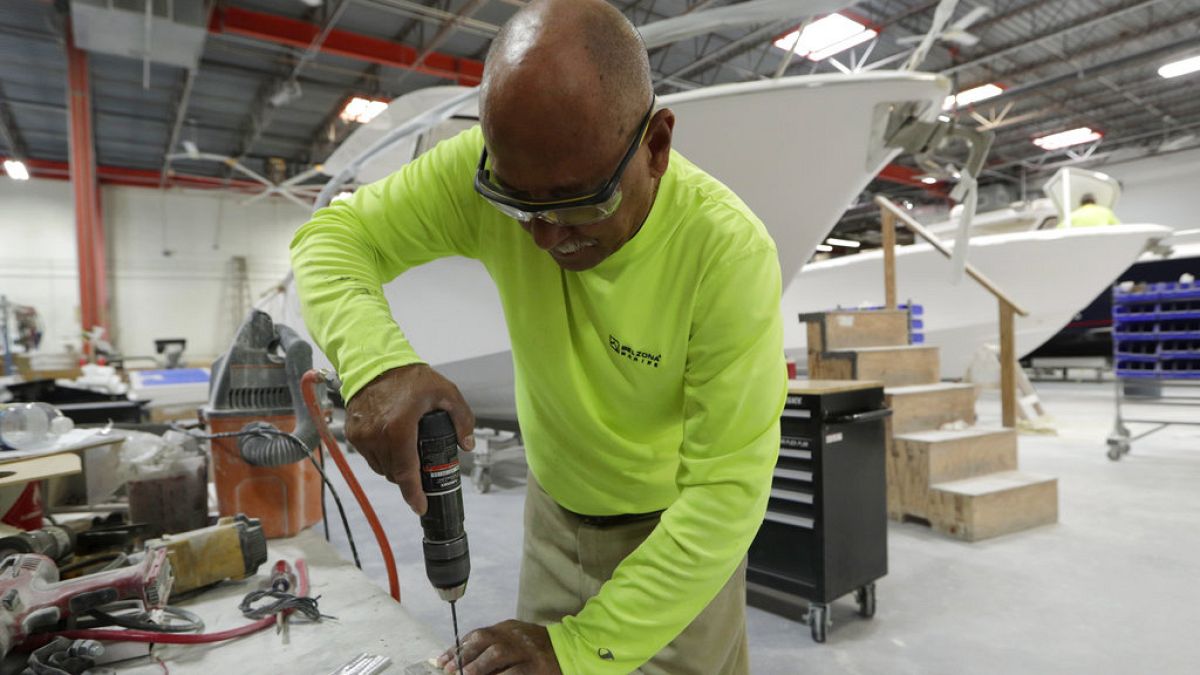
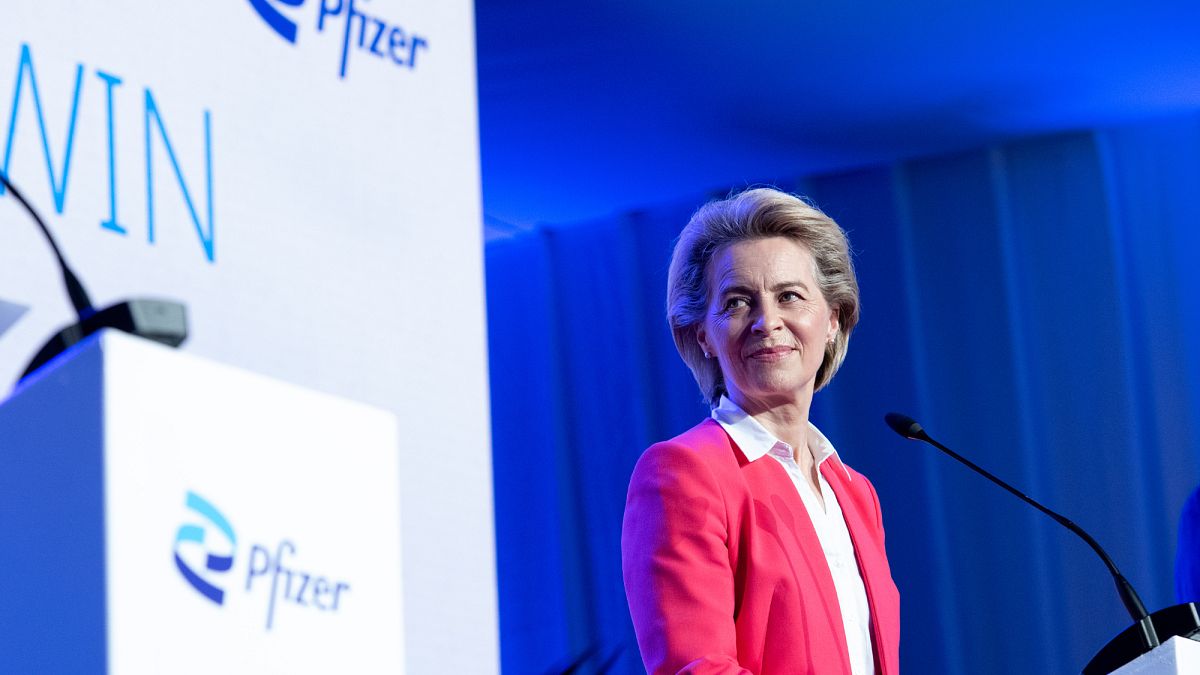
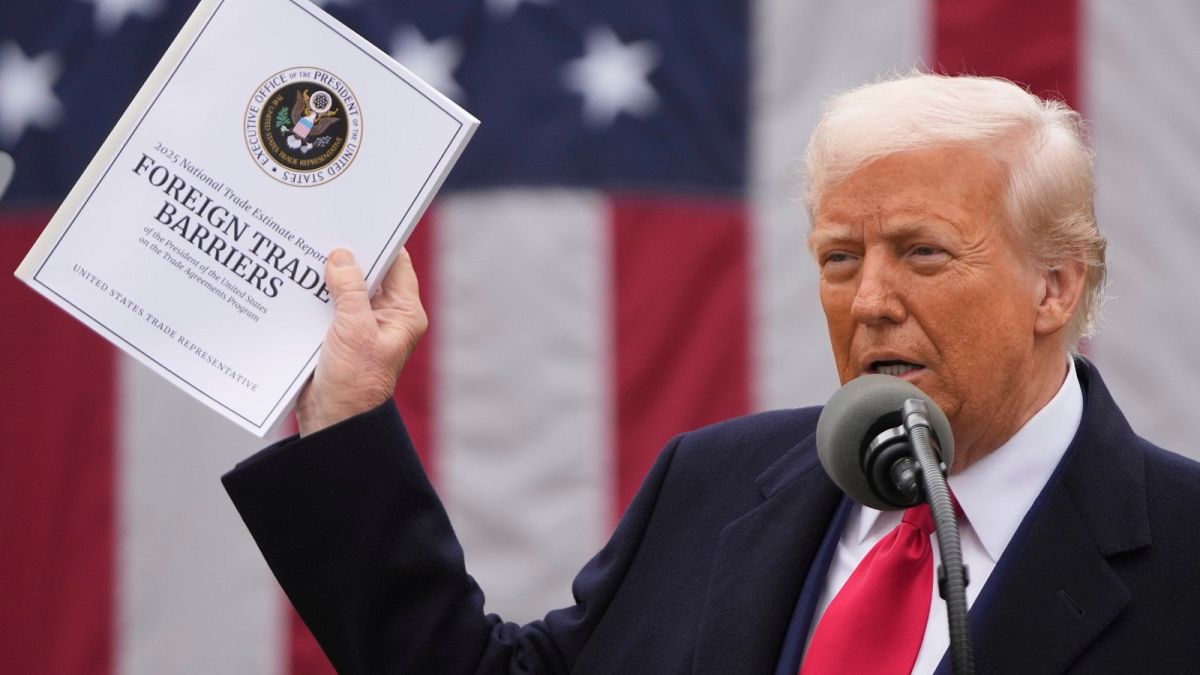
 We deliver critical software at unparalleled value and speed to help your business thrive
We deliver critical software at unparalleled value and speed to help your business thrive






 English (US) ·
English (US) ·